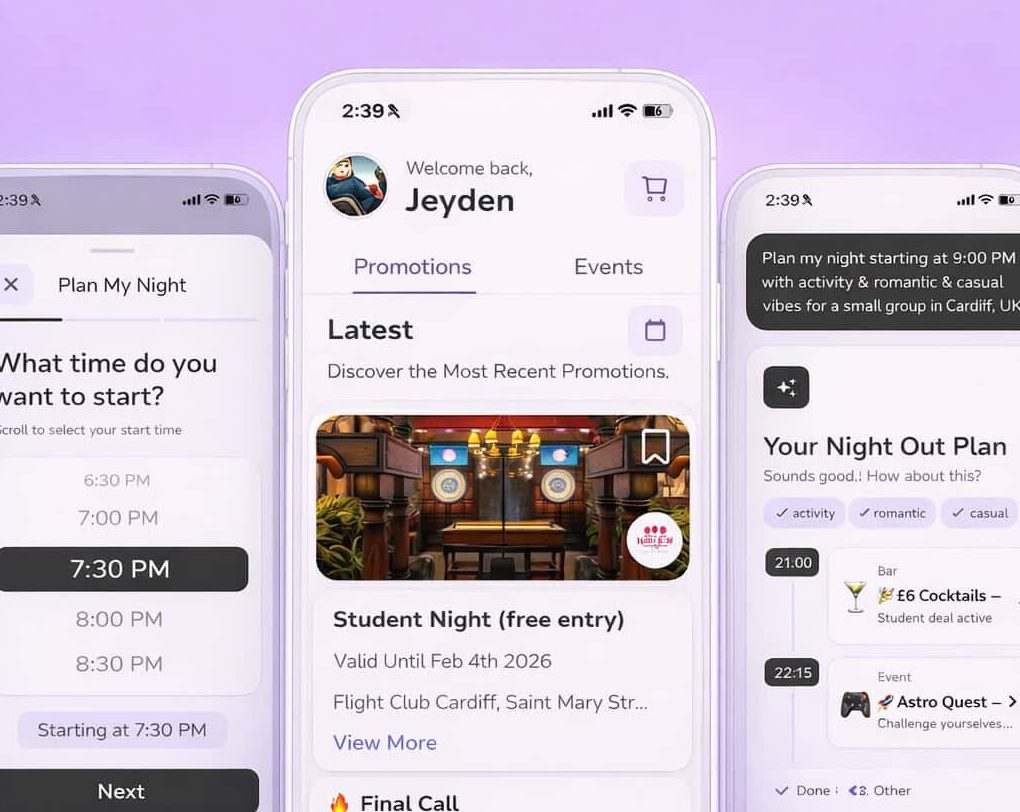By Maja Metera
Emily in Paris was made by the creator of Sex and the City, Darren Star, but apart from ridiculous outfits and the height of the high heels ÔÇô the show has nothing of the cult fashion drama. Those who know me are well aware that I love Sex and the City but it’s not the easy kind of love. It has its moments but it was very much influenced by a patriarchal way of things – it gets away with a lot of scenes as it first aired in 1998. Emily in Paris unfortunately became available on Netflix this year on the October 2nd ÔÇô ages after #MeToo and in the moment where women keep on fighting for their rights and promote sisterhood. This show produced by MTV and Lily Collins does not seem to get the idea.
We follow a young, successful marketing strategist who by chance got sent to Paris to represent the company’s “American point of view” on things ÔÇô hello, globalisation. She is bright, relatively smart but makes bad decisions and always smiles. She has been given a “hard” childhood ÔÇô i.e. being from a small town and never leaving the States before but other than that ÔÇô she was always liked by everyone, has a master’s degree in communication and is good at her job. Emily Cooper (Lily Collins) would be a perfect fit for any Disney Channel show like Wizards of Waverly Place or Hannah Montana. It is full of one-dimensional characters who never have to pay for their mistakes.
Emily has a boyfriend and a great job with future promotions ahead in Chicago but decided to leave everything behind for a year to live her new dream of Parisian adventure. What is confusing ÔÇô she does not really have to try. Everything is arranged for her and she does not care to discuss the big decision with a man she plans to marry one day. And that is what pisses me off the most ÔÇô it is just another story that was voted “boring” by the producers unless some love triangle was involved.
They were a perfectly happy couple but after some time the guy decided that he won’t come to France and that he can’t do it anymore ÔÇô so without trying to make long distance work ÔÇô he gives up! We get yet another show which consolidates the idea that long-distance relationships are doomed from the get-go.
I have tried to figure out why an intelligent woman cannot occupy herself with anything else apart from boy problems as Emily becomes the love interest of a new person almost every episode. Just like her relationships, plots of this Netflix series are cut short. There are too many ongoing plotlines and the audience does not get a chance to explore them on a deeper level as the series is composed of only 10 episodes, 25 minutes each. They become meaningless fillers of air time.
In my opinion, the creator was used to a series way longer in which he could circle around a certain amount of subplots with a core topic ÔÇô friendship and sisterhood. Star also seems to have lost his feminist spirit somewhere between 2004 and 2020. Instead he presents a case of ancient stereotypes about the French.
“You come to Paris. You walk into my office and you don’t even bother to learn the language. You treat your city like it’s your amusement park, and after a year of food, sex, wine and maybe some culture you’ll go back to where you came from”
Most Parisians are rude, not helpful, refuse to speak English and take advantage of the fact that Emily does not understand their language. The show presents them in a light of Paris syndrome ÔÇô deeply disappointing and weary of their surroundings, unable to be happy. On the other hand, it promotes French culture as full of promiscuity and questionable morality ÔÇô including accepting adultery, and having their own view on sex and sexism. Even though France supported #MeToo movement with their own #BalanceTonPork ÔÇô characters refuse to acknowledge that male gaze is hurtful. Moreover, I am very surprised that Lily Collins who tries to be a feminist herself produced a TV series in which her character’s female boss does everything in her power to make Emily’s professional life a living hell. Where is the ovarian sisterhood?
Apart from that I feel bad for anyone who does not speak French ÔÇô because Emily in Paris dialogues evolve around Frenchmen being impolite to the main character who needs to wait for others to translate the conversation ÔÇô and they make it seem less rude.┬á
It is not all awful though. The music is very suitable and reminds me of Plan Coeur, a French romantic comedy that is available on Netflix as well. Additionally, the shots of Paris made me miss it. But would I recommend it? Maybe to play in the background during girls’ night and gossip.


